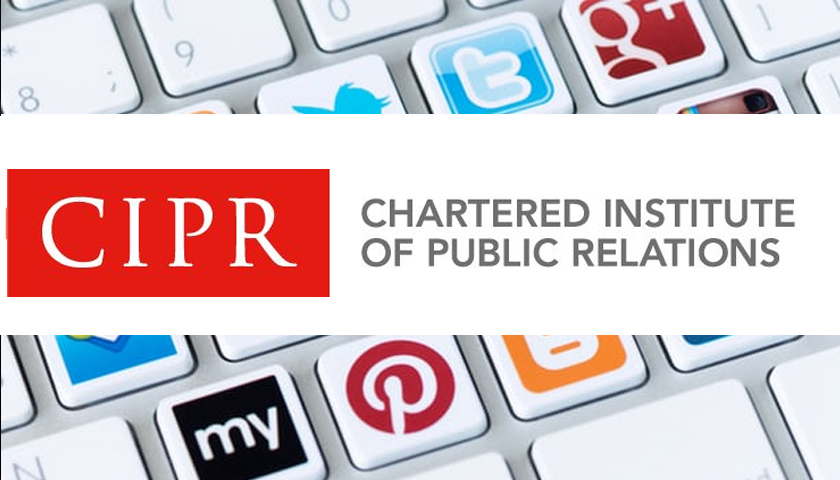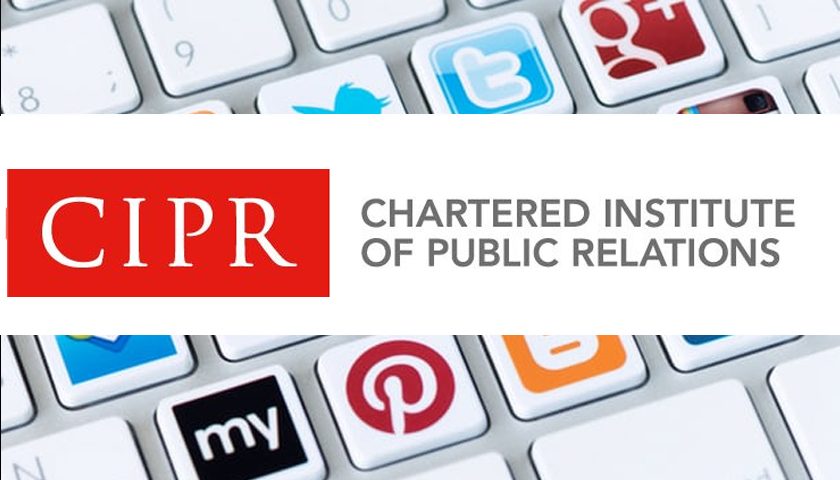Three new skills guides from the Chartered Institute of Public Relations (CIPR)’s Influencer Marketing Panel have been published today and include details of updated regulations for PR practitioners.
The three guides – written in consultation with both the Competition and Markets Authority (CMA) and the Advertising Standards Authority (ASA) – are designed to educate and empower PR practitioners to practise influencer marketing legally and ethically in line with the CIPR’s Code of Conduct.
The new guides – available to download as PDF’s here – are:
- Introduction to Influencer Marketing
- PR and Influencer Marketing – the rules and regulators
- PRs as Influencers – how to ethically disclose your relationships with clients and causes without misleading your online audience
Updated regulations
Updated regulations, outlined within the guides, provide clarification from the CMA that the use of #client is no longer a satisfactory disclosure when sharing client and employer content online. The new regulations insist all disclosures should include #ad based on the fact practitioners have essentially been ‘paid to promote’ such content.
The guides make clear that PR practitioners who fail to disclose such content in this way are not being transparent or working with honesty and integrity. It means that as well as breaking the CIPR’s Code of Conduct, because of the CMA ruling, they are also breaking the law.
The CIPR and the Influencer Marketing Panel will be working together with the CMA for further clarification on the new regulations and the requirements for both individual practitioners, as well as when sharing content online in the capacity as an agency or in-house organisation on behalf of a client or employer. Further guidance will be published in due course.
An introduction to influencer marketing
One-in-three PR practitioners undertake influencer marketing activities. Yet most lack confidence in relevant skills and experience according to the CIPR’s 2020 State of the Profession report. ‘An introduction to influencer marketing’ explores the scope of opportunity for the PR profession and sets the scene for the other skills guides in the series.
Scott Guthrie MCIPR, co-chair CIPR Influencer Marketing Panel
PRs as influencers – how to ethically disclose your relationships with clients and causes without misleading your online audience
With the continued fragmentation of media and the rise of the influencer, it’s important for us all as PR practitioners to recognise our own level of influence, and therefore abide by the same rules that apply to influencers and content creators we might engage with as part of our ‘day job’ when delivering a comms campaign. In the eyes of the law we’re all influencers now and have the ability to influence others; we must all abide by the same rules around disclosure.
PR and influencer marketing – the rules and regulators
With influencer marketing as an integral part of many practitioners’ communication strategies, it is essential that as a professional body we inform, educate and empower CIPR members to practise influencer marketing both ethically and effectively. Knowing the rules and regulations regarding disclosure is paramount to this so that we can be the trusted PR advisors that our employers and clients need us to be.
- The three new guides can be downloaded here.


